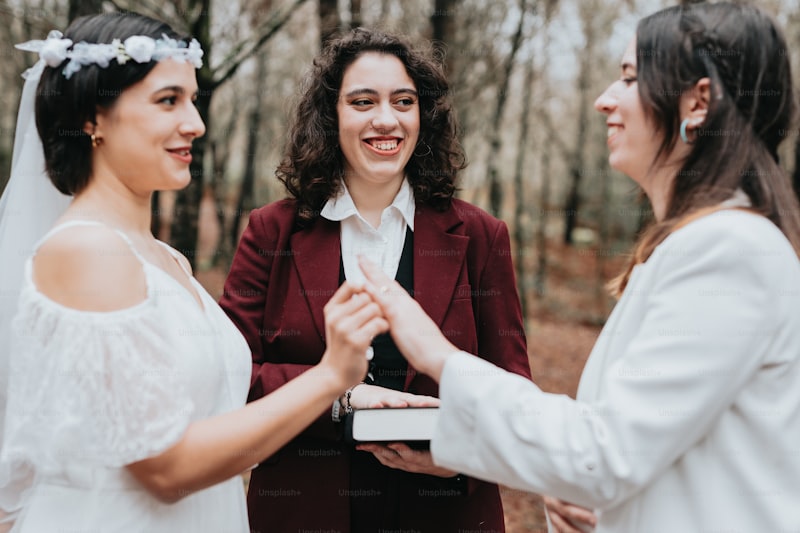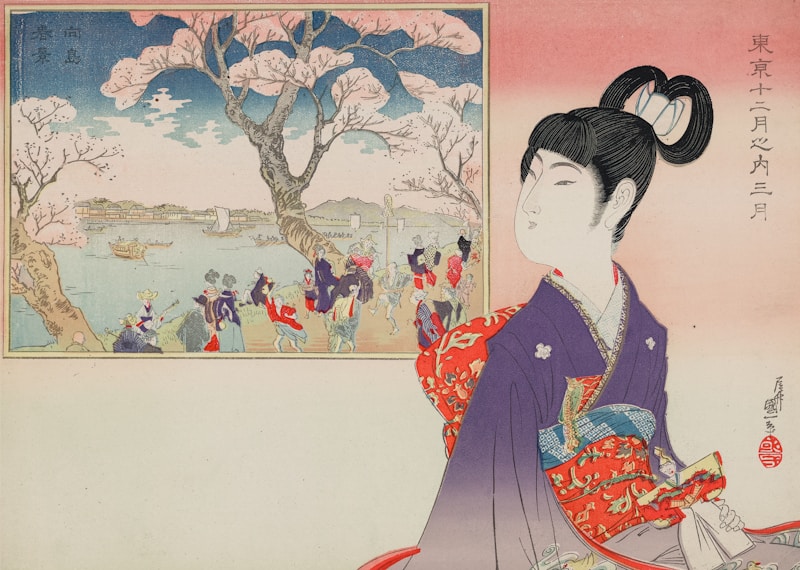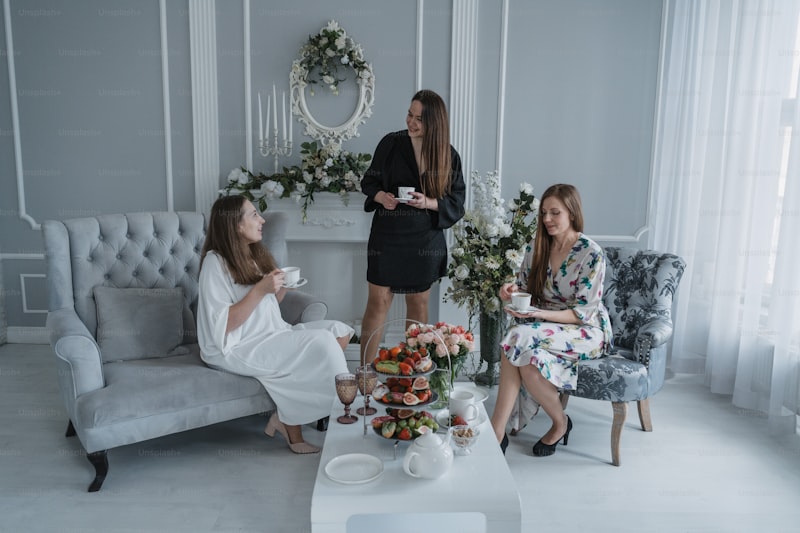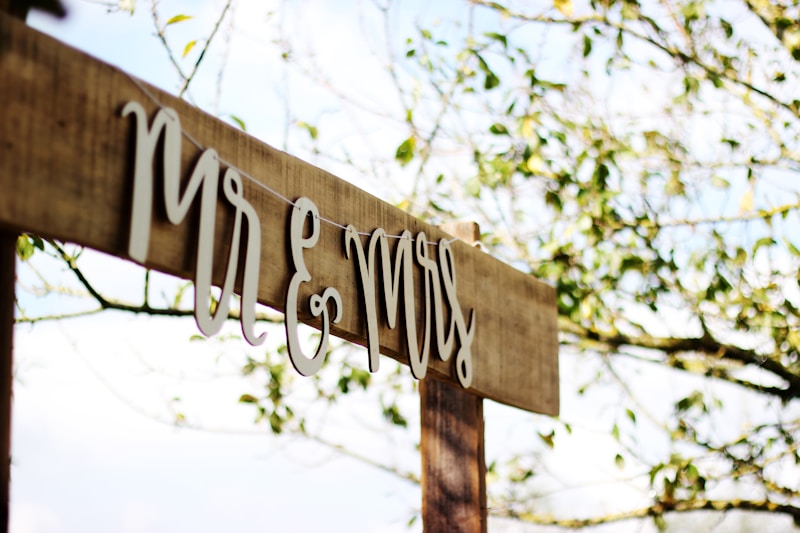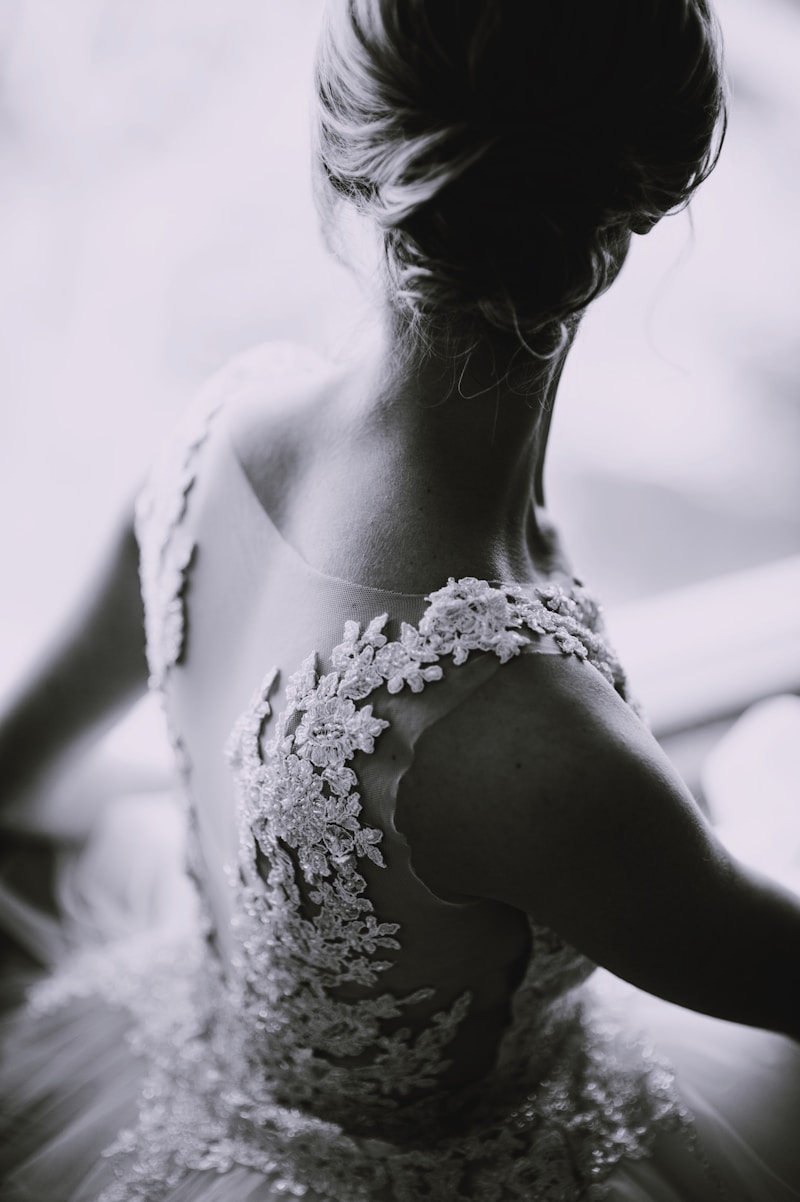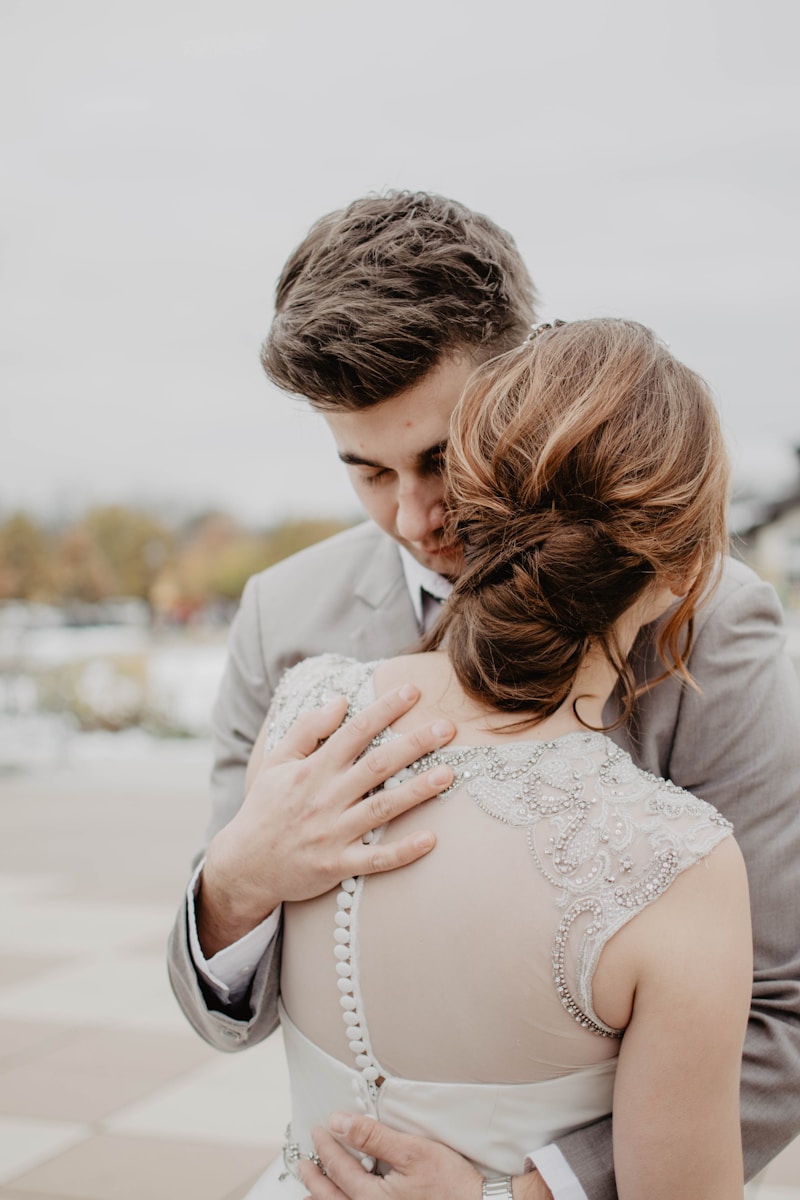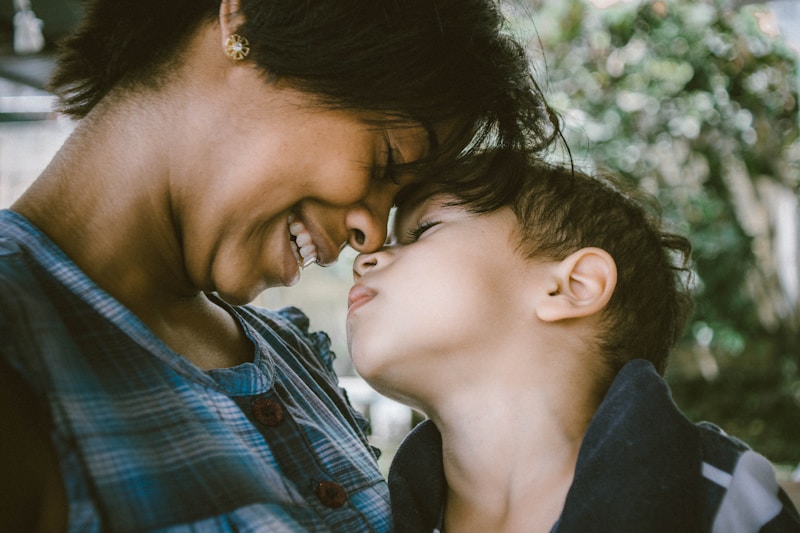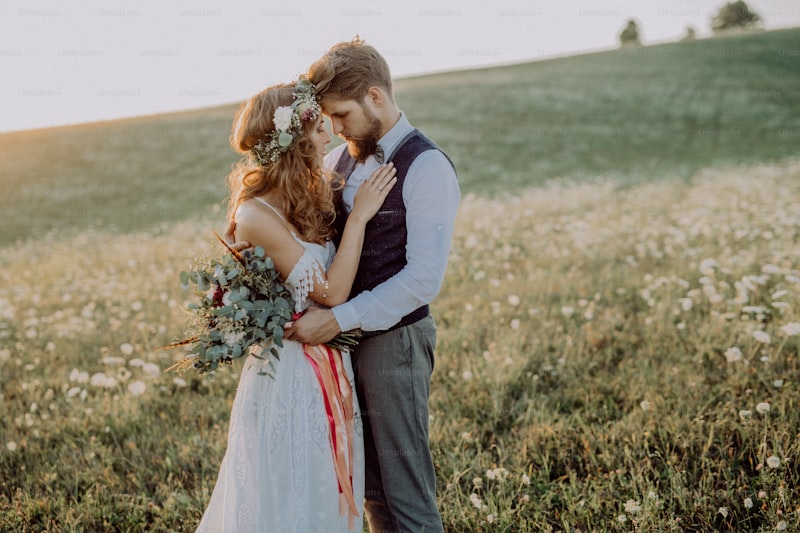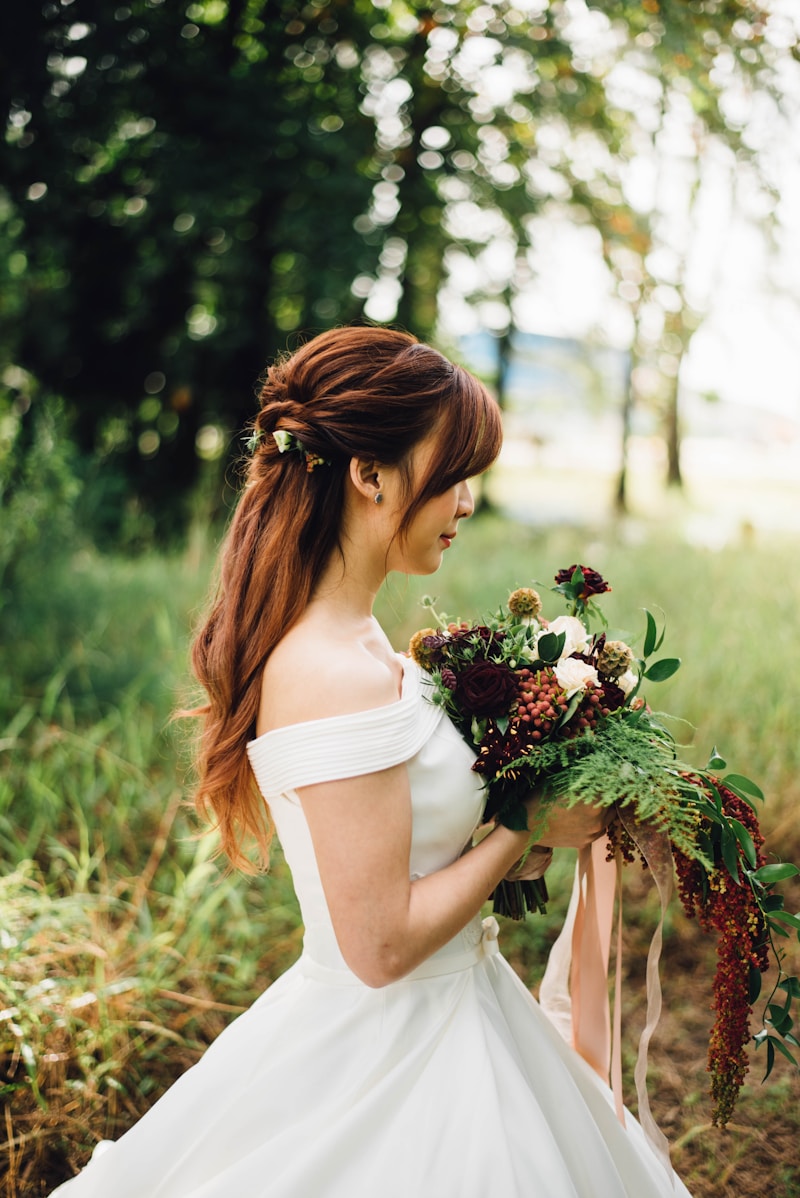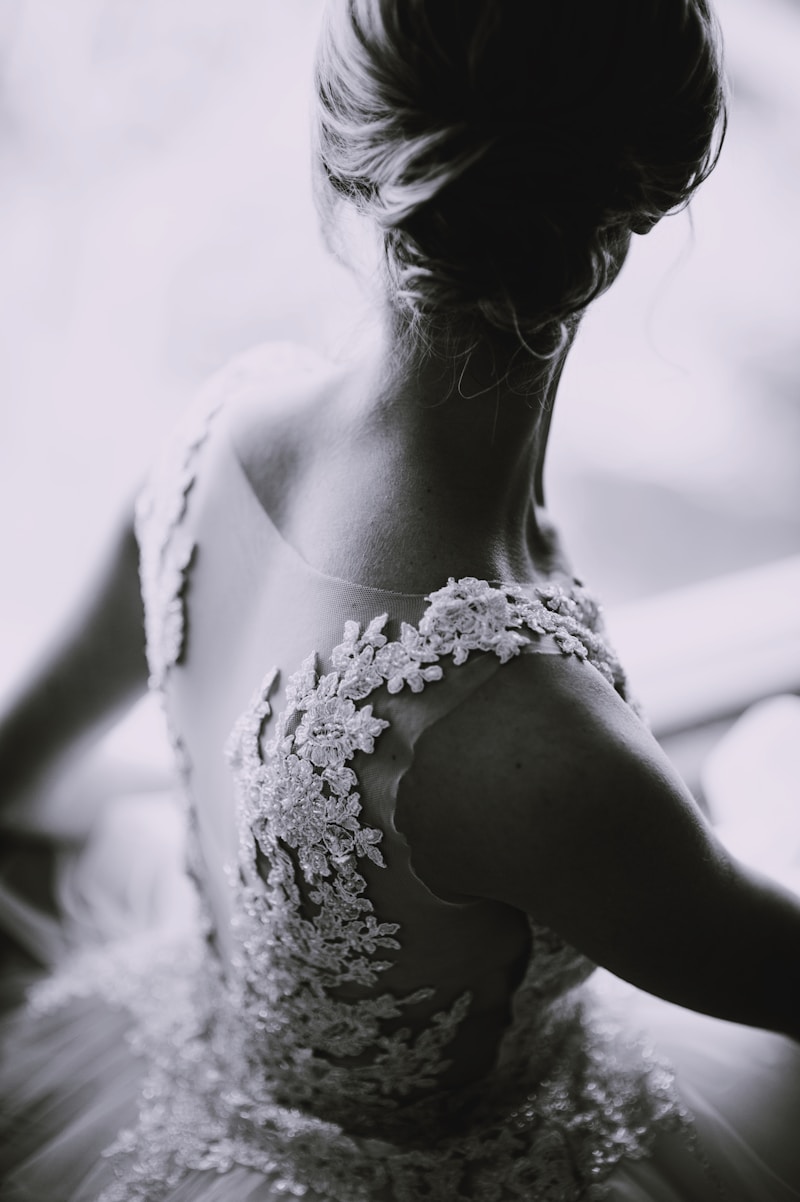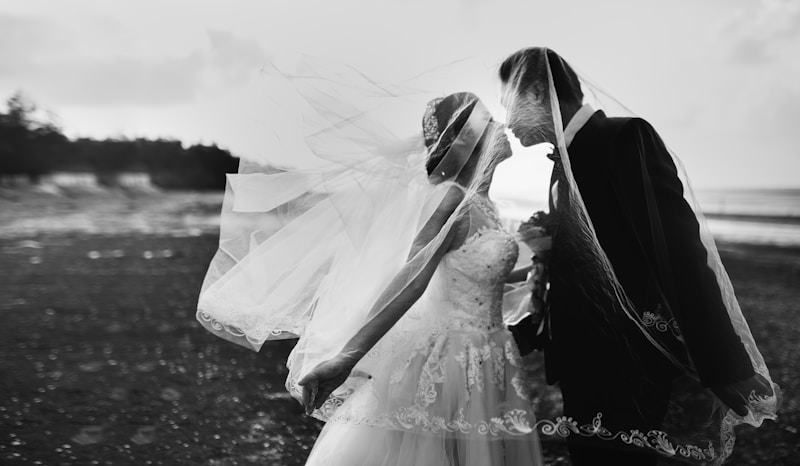Explore Classic Ceremony Styles: Timeless Elegance for Every Occasion
In the realm of weddings and special events, the Classic Ceremony Styles hold a special place in our hearts. These styles not only exemplify beauty and elegance but also transcend time, making them perfect for couples who desire a sophisticated celebration. In this article, we delve deep into various classic ceremony styles, offering insights, tips, and the elements that contribute to creating a memorable occasion. Whether you're planning an upcoming wedding or simply have an appreciation for timeless events, this guide is for you.Understanding Classic Ceremony StylesClassic ceremony styles are often characterized by their traditional elements, exquisite details, and the ability to create a romantic atmosphere. The beauty of choosing a classic style is in its versatility; it can be adapted to suit different themes, seasons, and personal preferences. Below are a few prominent classic ceremony styles that have stood the test of time:1. Traditional Church WeddingsThe traditional church wedding is perhaps the epitome of classic ceremony styles. This type of ceremony typically takes place in a house of worship and is led by a clergy member. The key elements include:ElementsDescriptionVenueUsually held in a church or chapel, adorned with stained glass windows and pews.AttireClassic white wedding dress for the bride, tuxedos or formal suits for the groom and groomsmen.VowsTraditional wedding vows that emphasize commitment and love.DecorFloral arrangements, candles, and sometimes a s...
Exploring Heritage-Inspired Celebrations: A Guide to Cultural Festivities
Understanding Heritage-Inspired CelebrationsHeritage-inspired celebrations refer to festivities that draw upon traditional customs, rituals, and cultures, allowing individuals and communities to honor their ancestry. These celebrations can range from family gatherings to large public events, each encapsulating a distinct cultural significance. The integration of heritage into modern celebrations revitalizes cultural practices and promotes awareness and appreciation of diverse traditions.The Importance of Heritage-Inspired CelebrationsHeritage-inspired celebrations are crucial for several reasons: Cultural Preservation: They help preserve the unique customs and traditions of various cultures, ensuring that future generations remain connected to their roots. Community Bonding: These events foster a sense of community by bringing people together, creating shared experiences, and strengthening social ties. Education: They provide an educational opportunity for individuals, especially those unfamiliar with certain cultures, to learn about different traditions, customs, and practices.Different Types of Heritage-Inspired CelebrationsHeritage-inspired celebrations come in various forms. Here are a few notable examples: Festival Description Diwali An ancient Hindu festival of lights, celebrated primarily in India and among diasporic communities worldwide, symbolizing the victory of light over darkness. Chinese New Year Also known as the Spring Festival, ...
Elegant Reception Decor Ideas: Transform Your Event into a Spectacular Celebration
When planning an event, the decor plays an essential role in setting the tone and atmosphere for the occasion. Elegant reception decor not only enhances the aesthetic appeal of the venue but also creates a memorable experience for your guests. Whether you're organizing a wedding, corporate event, or special celebration, this guide will provide you with a plethora of elegant reception decor ideas to inspire your design choices.Why Elegant Reception Decor MattersElegant reception decor can dramatically affect the ambiance of your event. Studies show that visually appealing environments can enhance guest engagement and create lasting memories. Moreover, thoughtful decor choices reflect your personal style and can influence how your guests perceive the significance of the occasion. Here are some aspects of reception decor that you should consider: Aesthetic Cohesion: Ensure that your decor aligns with the theme and purpose of the event. Guest Comfort: Elegance isn't just about looks; it also involves creating a comfortable space for guests. Memorability: Unique decor ideas help in making your event stand out from others.Key Elements of Elegant Reception DecorTo achieve a truly elegant reception, you’ll want to focus on several core elements that will contribute to the overall atmosphere of your event.1. Color PaletteThe right color palette can set the mood for the entire event. Consider using sophisticated colors like deep navy, gold, burgundy, or soft pastels. Using a l...
Preserving Love and Legacy: The Role of Family Heirlooms in Weddings
Introduction to Family Heirlooms in Weddings Weddings are more than just a celebration of love; they are a beautiful amalgamation of traditions, cultures, and family histories. One significant aspect that many couples embrace is the incorporation of family heirlooms into their wedding ceremonies. These heirlooms are not only tokens of affection but also carry emotional weight and historical significance. This article explores the importance of family heirlooms in weddings, their various forms, and how they can enhance the wedding experience. What Are Family Heirlooms? Family heirlooms are items passed down through generations, often carrying sentimental value and connections to family history. These can range from jewelry, such as rings and brooches, to textiles like quilts and wedding dresses, or even objects like wedding china and silverware. The intrinsic value of heirlooms lies in their stories and the memories they encapsulate.Types of Family Heirlooms Commonly Used in Weddings Every family has its unique heirlooms that resonate with its culture and traditions. Here are some popular types of family heirlooms often used in weddings: Type of HeirloomSignificance Wedding RingsOften passed down through generations, representing love and commitment.Wedding DressesWearing a family wedding dress can be a beautiful way to honor past generations.JewelryPieces like necklaces or brooches can add a touch of elegance and history to the outfit.Family BibleUsing a family Bible for th...
The Magic of Traditional Vows and Readings: A Guide to Cherishing Your Big Day
Weddings are not just ceremonies; they are a celebration of love, commitment, and the togetherness of two families. One of the most significant aspects of any wedding ceremony is the exchange of traditional vows and readings. This article will delve into the meaning, crafting, and importance of traditional vows and readings, with a special focus on how they add authenticity and emotional depth to your special day.What Are Traditional Vows?Traditional vows are the promises that couples make to each other during their wedding ceremony. These vows typically include commitments to love, honor, and cherish one another through various life circumstances. They are a time-honored way of expressing the deep emotional connection that exists between a couple.Types of Traditional VowsThere are various types of vows, ranging from religious to secular. Here are some common categories:Type of VowsDescriptionReligious VowsOften include commitments made in the presence of a higher power, conveying moral integrity and spiritual alignment.Civil VowsSecular promises that do not reference religious beliefs and focus purely on love and marriage.Personalized VowsCustom vows created by the couple, conveying their unique love story and personal commitments.The Importance of Readings in a Wedding CeremonyIncorporating readings during your ceremony can be a beautiful way to enhance the overall experience for your guests and for yourselves as a couple. Readings can include sacred texts, poetry, literatu...
Exploring Historical Wedding Rituals: A Journey Through Time
Introduction to Historical Wedding RitualsWeddings are significant milestones in the lives of individuals and serve as a celebration of love, commitment, and unity. Across the globe, historical wedding rituals provide us with a fascinating glimpse into cultural practices and traditions. This article explores various wedding rituals from different societies, delving into their origins, meanings, and the evolution of these ceremonies over time.The Significance of Wedding RitualsWedding rituals hold profound significance in many cultures. They are not just mere formalities; rather, they symbolize a union of families, societal recognition of a relationship, and the hope for a prosperous future. These rituals vary widely, influenced by factors such as geography, religion, and social norms.Fascinating Historical Wedding Rituals Around the WorldTo better understand the diversity of wedding ceremonies, let's explore some of the most intriguing historical wedding rituals from various cultures.1. The Hindu SaptapadiIn Hindu culture, the Saptapadi, or the "Seven Steps," is a key wedding ritual. During this ceremony, the bride and groom take seven steps together, each representing a specific vow they make to each other. This ancient ritual symbolizes their union and commitment to support one another in their journey through life.2. The African Hand-Fasting CeremonyThe hand-fasting ceremony, originating from ancient Celtic traditions, has been embraced by various African cultures. In this...
Exploring Customs and Beliefs in Matrimony: A Global Perspective
Understanding Customs and Beliefs in MatrimonyMatrimony is not merely the union of two individuals; it is a cultural manifestation of traditions, beliefs, and practices unique to each community worldwide. Understanding the customs and beliefs surrounding marriage can offer profound insights into various cultural identities and social structures. This article delves into the diverse customs and beliefs in matrimony, emphasizing their significance and variations across different cultures.The Significance of Customs in MarriageCustoms in marriage ceremonies often reflect a community's values, historical perspectives, and social norms. They serve several purposes, such as:Preserving Traditions: Many marriage customs have been passed down through generations, helping to preserve a community's history and identity.Symbolizing Unity: Customs often symbolize the union of families and communities, fostering bonds between participants.Cultural Expression: Marriage ceremonies are often elaborate displays of cultural heritage, providing an opportunity for creative expression.Common Customs Around the WorldThe traditions surrounding matrimony vary immensely across different cultures. Here are some notable customs from various regions:RegionCustomDescriptionAfricaDowry PaymentThe groom's family pays a dowry to the bride's family, symbolizing the groom's commitment.IndiaMehendi CeremonyA pre-wedding ritual where intricate henna designs are applied to the bride's hands and feet.JapanShinto C...
Creating Unforgettable Festive Family Gatherings: Tips and Ideas
Embracing the Spirit of Festive Family GatheringsThere's something magical about festive family gatherings that brings people together. Whether it's during the holiday season, special anniversaries, or cultural celebrations, these events foster connection, joy, and a sense of belonging. In this article, we’ll explore the significance of festive family gatherings, along with practical tips for hosting the perfect event. We will also address common questions surrounding family gatherings, such as ideas for themes, planning activities, and creating the perfect atmosphere.The Importance of Family GatheringsFestive family gatherings play a crucial role in strengthening familial bonds. They provide opportunities for family members to reconnect, share stories, and make new memories. The warmth and laughter that accompany these gatherings can create lasting impressions, especially for the younger generations who look up to their elders. Moreover, they offer a chance to celebrate cultural traditions and pass them down.Key Benefits of Hosting Family Gatherings Strengthened Relationships: Regular family gatherings contribute to stronger ties among relatives. Tradition Preservation: They are an excellent way to keep cultural and family traditions alive. Emotional Well-being: Spending time with loved ones enhances mental health and happiness. Learning Opportunities: Younger family members can learn about their heritage and family history.Planning the Perfect Festive Family Gat...
Exploring Romantic Folklore in Weddings: Traditions and Their Meaning
Weddings are remarkable events that bring people together to celebrate love and commitment. One fascinating aspect of weddings is the incorporation of folklore, particularly those romantic stories and traditions that have been passed down through generations. This article delves deep into the romantic folklore in weddings, exploring its significance, popular customs, and how they can enhance the emotional experience of tying the knot.The Essence of Romantic Folklore in WeddingsRomantic folklore refers to the legends, stories, and traditions that embody the essence of love and courtship in various cultures. These narratives often include elements of magic, fate, and eternal love, providing a rich tapestry that can add depth and meaning to wedding ceremonies. Understanding these traditions can help couples add a personal touch to their weddings, making them as unique as their love stories.Why Is Folklore Important?Folklore plays an essential role in shaping cultural identity and community bonding. In wedding ceremonies, these traditions often symbolize values such as fidelity, love, and family unity. They can also act as a bridge connecting past generations to the present, allowing couples to honor their heritage.Popular Romantic Folklore Traditions Around the WorldRegionFolklore TraditionMeaningItalyLa SerenataGroom serenades the bride to express loveJapanSan-san-kudoCouple shares three cups of sake, binding them togetherGreeceStefanaCouple wears crowns symbolizing their union...
Exploring Generational Wedding Customs: A Journey Through Time and Traditions
Weddings are not just personal celebrations but also reflect a rich tapestry of cultural traditions and generational customs. Understanding generational wedding customs adds depth to the wedding experience, offering insights into cultural values and familial legacies. In this article, we will explore various generational wedding customs from around the world, examining how they are shaped by historical context, societal norms, and familial traditions. Whether you are planning your own wedding, attending a friend’s, or simply curious about cultural practices, this guide will provide valuable insights. What are Generational Wedding Customs? Generational wedding customs refer to the traditional practices and rituals associated with weddings that are passed down through various generations. These customs may include specific ceremonies, attire, food, and even the roles played by family members during the celebration. By understanding these customs, individuals can appreciate the personal and historical significance behind various wedding practices. Key Components of Wedding Customs While each culture possesses its unique practices, several key components often emerge in generational wedding customs: Rituals: These are specific actions carried out during the ceremony, such as exchanging vows or lighting a unity candle. Attire: Traditional clothing often reflects the couple's cultural heritage and may involve elaborate costumes. Food: Culinary traditions play a signif...
Unity Ceremonies Across Cultures: A Global Celebration of Togetherness
Understanding Unity CeremoniesUnity ceremonies have been a fundamental aspect of human culture across the globe. These ceremonies, which signify togetherness, love, and commitment, are celebrated in various forms, often reflecting the values and traditions of specific cultures. This article aims to explore the diverse unity ceremonies across cultures, celebrating the similarities and differences that define human connections. We will delve into the significance of these rituals, providing a deeper understanding of their roles in promoting unity.The Essence of Unity CeremoniesUnity ceremonies serve as powerful expressions of belonging and solidarity, often marking important life events such as marriages, festivals, and community gatherings. These rituals can vary significantly from one culture to another, but they commonly emphasize themes of love, togetherness, and harmony. Unity ceremonies are not just limited to personal relationships; they also play a crucial role in fostering community bonds.Categories of Unity CeremoniesType of CeremonyCharacteristicsExamplesWedding CeremoniesCelebrate the union of two individualsWestern weddings, Indian weddings, Traditional African marriagesCommunity FestivalsGather communities to celebrate culture and heritageDiwali, Chinese New Year, CarnivalRituals of PassageMark significant life transitionsComing-of-age ceremonies, Baptisms, Bar and Bat MitzvahsReligious CeremoniesStrengthen bonds within spiritual contextsEucharist, Pilgrimages, Is...
Ultimate Guide: Dress Code for Classic Weddings
When it comes to weddings, especially classic ones, understanding the dress code is crucial. Not only does the dress code set the tone for the event, but it also shows respect for the couple's wishes and the overall atmosphere they wish to create. Defining the dress code can sometimes feel overwhelming, especially for guests who may not frequently attend formal events. In this comprehensive guide, we will explore everything you need to know about the dress code for classic weddings, from traditional attire to current trends, as well as tips on how to accessorize appropriately. Understanding Different Types of Dress Codes Before we delve deeper into what constitutes a classic wedding dress code, it’s essential to understand the various types of dress codes often indicated in wedding invitations. Dress CodeDescription Black TieFor men, a black tuxedo with a black bow tie; for women, a formal evening gown. Formal or Black Tie OptionalSimilar to black tie, but guests can wear less formal attire. Women can opt for cocktail dresses. Semi-FormalA step down from formal; men may wear a suit and tie, while women might wear a cocktail dress. CasualMore relaxed attire, but still polished; think sundresses for women and smart-casual shirts and trousers for men. Beach FormalDressy but suitable for beach settings; light fabrics and appropriate footwear. The Essence of Classic Weddings Classic weddings often encapsulate timeless elegance. They typically feature traditional el...
